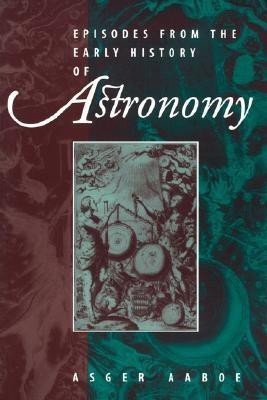Episodes From the Early History of Astronomy(English, Paperback, Aaboe Asger)
Quick Overview
Product Price Comparison
Before streets were brightly illuminated at night, astronomy was accessible to everyone and was a matter of great importance: for divination; for setting appropriate dates for planting, harvest, and festivals; for regulating lives. Phenomena in the heavens are still of great importance to many, and much of the lore of astronomy and astrology dates back to the earliest days of civilization. The astronomy of the ancients is thus of interest not only as history but also as the basis for much of what is known or believed about the heavens today. Because phenomena in the heavens are less familiar today than in earlier eras, this book begins with a brief description of what one can see in the sky on dark nights with the naked eye. It then turns to the astronomy of the Babylonians, who named many of our constellations, who are responsible for many of the fundamental insights of early astronomy, and who married mathematics to astronomy to make it an exact science. A chapter on Greek astronomy discusses various models of planetary motion, showing that the cycles and epicycles used by the Greeks have their modern counterparts in the computations used to compute the ephemeredes listed in the Nautical Almanac. The book then turns to a detailed discussion of Ptolemy's cosmology, the first to include quantitative models in an integral way. Though the Ptolemaic system is now often dismissed as unsound and inefficient, it is in fact a logically pleasing structure which, for more than a millennium, provided a framework for educated people throughout the Christian and Moslem worlds to think about the universe.


